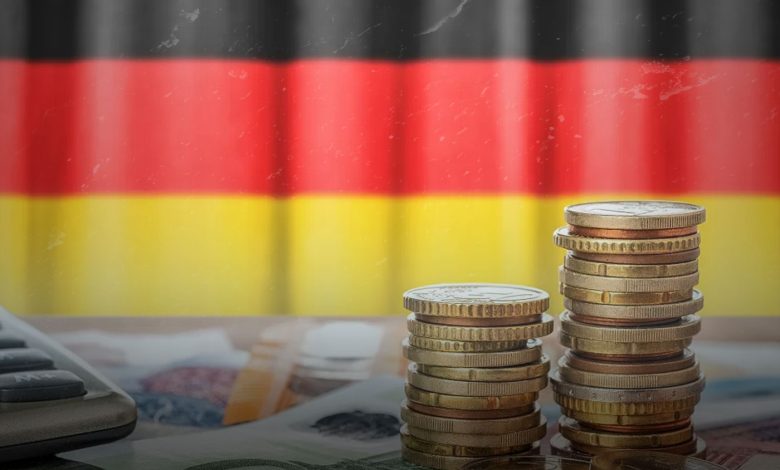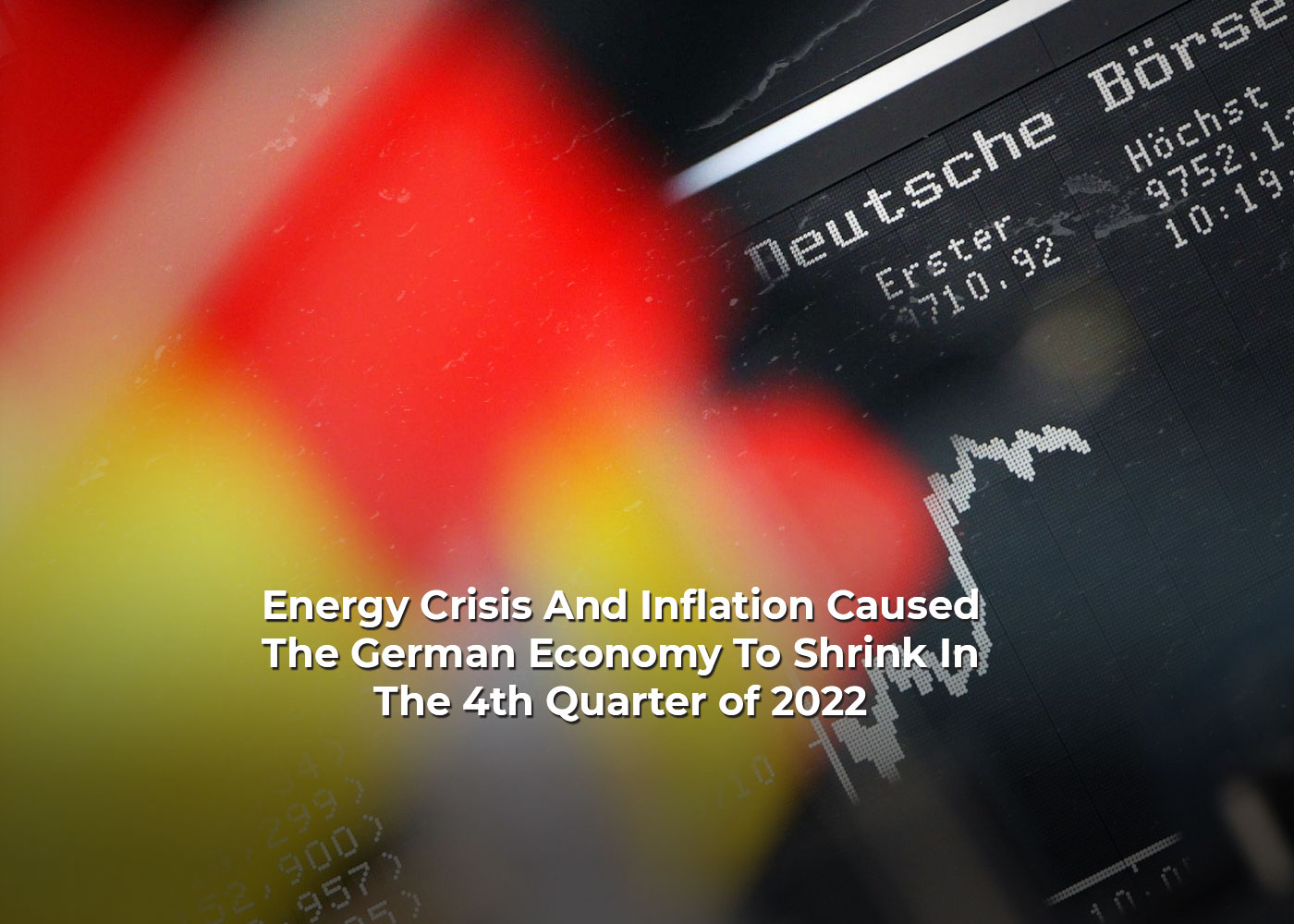Energy Crisis And Inflation Caused The German Economy To Shrink In The 4th Quarter of 2022

German Gross Domestic Product (GDP) declined by 0.4 percent in the fourth quarter of 2022 compared to the prior quarter, according to official figures issued by the German Federal Statistical Office (Destatis). On January 30, Destatis anticipated that the fourth quarter would see a 0.2 percent decline in the economy. Comparing the same quarter of 2021 to the current quarter, the nation’s GDP increased by 0.9%. In the first quarter of last year, the German economy expanded by 0.8 percent; in the second quarter, 0.1 percent; and in the third quarter, 0.5 percent.
The Ukraine Conflict, Covid-19, and Rising Inflations All Contributed to This Phenomenon
In spite of the slowing brought on by the conflict between Ukraine and Russia, supply issues, and the energy crisis, the German economy still expanded by 1.9 percent last year. High inflation slowing down private spending was the primary cause of the German economy’s contraction in the most recent quarter.
It was noted that rising inflation caused private consumption expenditures to decline by 1% from the prior quarter. According to Destatis, the German economy’s pace dramatically slowed down toward the year’s close. On a quarterly basis, the service industry and public spending made positive contributions to the GDP. Investments in manufacturing fell by 1.1 percent, and those in construction fell by 6.2 percent.

GDP Problem in the German Economy Seems to Increase with the Energy Crisis
Given that the largest economy in Europe is technically in a recession, economists anticipate a further decline in GDP in the first quarter of this year. Technically, a recession is “two-quarters of GDP decrease.” After ten years of strong economic development, Germany faced its first recession since 2009 in 2020, the year of the Kovid-19 outbreak. On January 25 of this year, the German government revised its previously stated projection for growth from minus 0.4 percent to 0.2 percent.
On the other hand, Germany‘s public budget deficit for the previous fiscal year was 101.3 billion euros, which comprises spending by the federal government, the states, local governments, and the social security fund.
As a result, the budget deficit dropped to 2.6% of GDP. In 2021, the budget deficit had increased to 3.7% of GDP. EU regulations stipulate that member states’ public debt must be less than 60% of their GDP and that their budget deficits must be less than 3% of GDP. Public revenues in 2022 were up 6.4% from the year before and totaled 1 trillion 820.8 billion Euros, while spending rose by 4.1% to 1 trillion 922 billion 100 million Euros.
You may be interested in: Introducing STEPN Coin Empowering the FinTech Revolution




